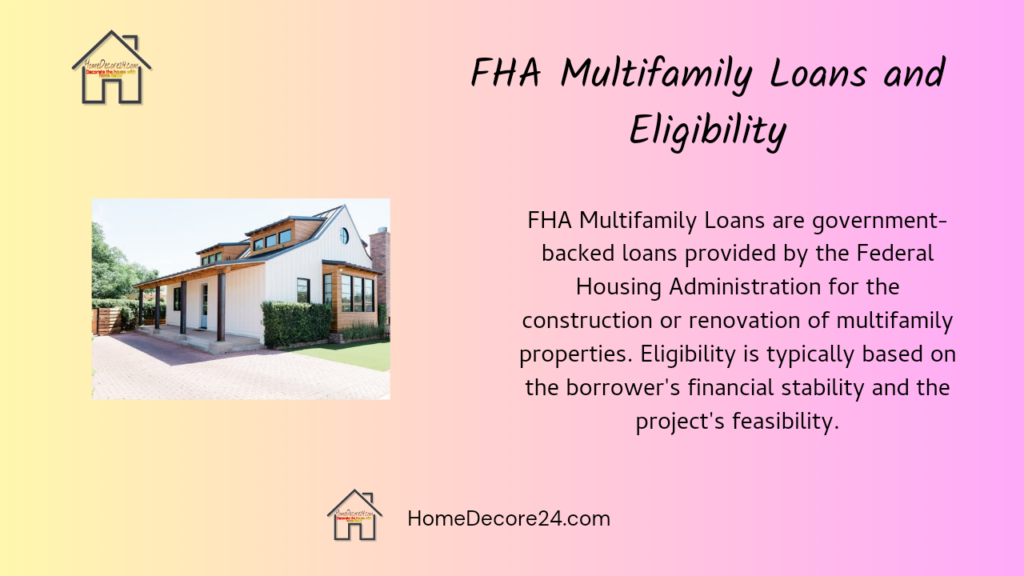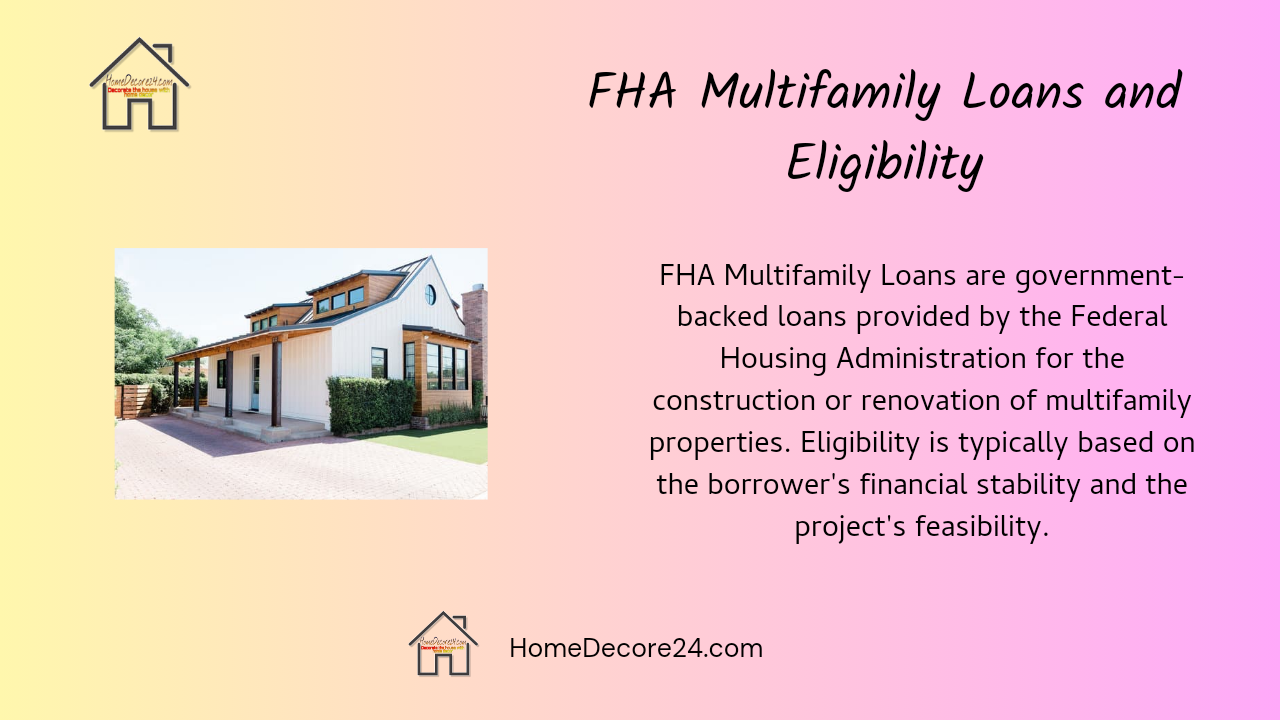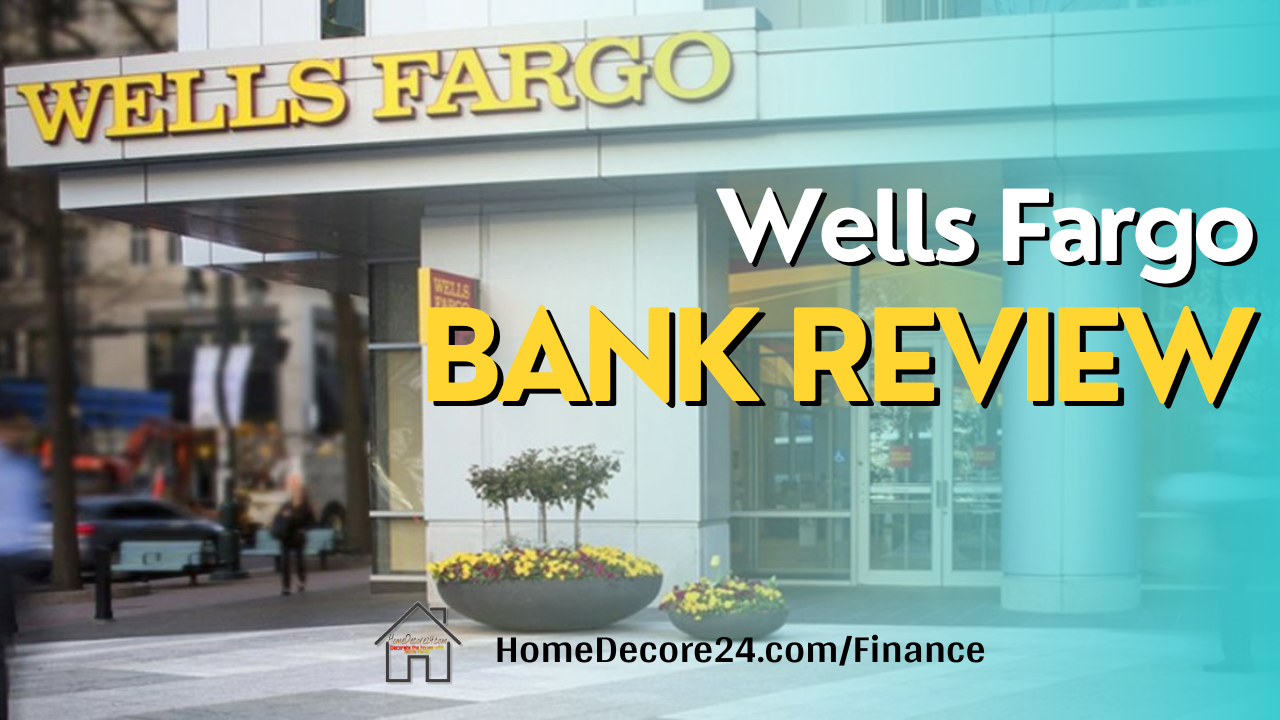
The Federal Housing Administration (FHA) multifamily loan program stands as a vital component of the United States government’s efforts to promote affordable housing initiatives. Designed to facilitate the financing of multi-unit properties, this program offers financial support to a wide range of eligible borrowers, including individuals, corporations, and non-profit organizations. By providing access to favorable lending terms, the FHA multifamily loan program contributes significantly to the development and preservation of affordable housing options across the nation.
What is an FHA multifamily loan?
An FHA multifamily loan is a financing program backed by the Federal Housing Administration, aimed at supporting the development, acquisition, or refinancing of multi-unit properties such as apartment buildings. It offers attractive terms and lower down payments, making it an essential tool for individuals, corporations, and non-profits investing in affordable housing.
Read More: House Boat Loans
How does an owner-occupied FHA multifamily loan work?
An owner-occupied FHA multifamily loan operates by providing financing for individuals or entities that intend to both own and reside in one of the units within the multifamily property. This arrangement allows the borrower to secure a loan with favorable terms, including lower down payments and competitive interest rates, while also ensuring that the property remains a residence for the owner. This approach promotes affordable housing options while enabling property owners to benefit from their investment.
What are the FHA’s loan Requirements?
Here are the requirements typically associated with FHA loans:
- Credit Score: A minimum credit score is required, often around 580, but specific lenders might have their own requirements.
- Down Payment: A down payment of at least 3.5% of the property’s purchase price is typically required.
- Debt-to-Income Ratio: Borrowers’ monthly housing costs (including mortgage payments, insurance, and taxes) should generally not exceed a certain percentage of their monthly income.
- Property Eligibility: The property being purchased must meet certain criteria, including being a primary residence, meeting minimum property standards, and being in a habitable condition.
- Income Verification: Borrowers need to provide documentation of their income, such as pay stubs, tax returns, and other financial records.
- Mortgage Insurance: FHA loans require mortgage insurance premiums, both upfront and annually, to protect the lender in case of default.
- Stable Employment: Lenders typically require borrowers to have a stable employment history or a consistent source of income.
- Legal Residency: Borrowers must be U.S. citizens or have lawful permanent residency status.
- Loan Limits: FHA loans have limits on how much you can borrow based on the location of the property.
- Appraisal: An FHA-approved appraiser assesses the property’s value to ensure it meets minimum standards and justifies the loan amount.
- Bankruptcy and Foreclosure: There are waiting periods after bankruptcy or foreclosure before being eligible for an FHA loan.
- Age Requirement: Borrowers must be at least 18 years old to sign legal documents.
It’s important to note that these requirements can vary slightly based on lender policies and specific loan programs.
Read More: FHA vs. Conventional Loans
What FHA loans are available for Renovation?
FHA 203(k) loans are tailored for renovation projects, allowing homebuyers and homeowners to combine the cost of property purchase or refinance with renovation expenses. This streamlines the financing process and facilitates upgrades, repairs, or structural improvements, all under a single mortgage.
Are There Here Other Ways of Financing A Multifamily Property?
Yes, aside from FHA loans, multifamily properties can be financed through conventional mortgages, which usually require higher credit scores and larger down payments. Private lenders, commercial loans, and partnerships are also common routes. Each option has distinct terms and eligibility criteria, catering to diverse investment strategies and financial situations.
The Pros And Cons Of FHA Multifamily Loans
Pros of FHA Multifamily Loans:
- Low Down Payment: FHA loans offer low down payment options, often as low as 3.5%, making it more accessible for borrowers.
- Competitive Interest Rates: FHA loans typically have competitive interest rates, reducing the overall cost of borrowing.
- Flexible Credit Requirements: FHA loans are more lenient with credit scores, accommodating borrowers with lower scores.
- Longer Loan Terms: Longer repayment terms, up to 35 years, help lower monthly payments.
- Renovation Financing: FHA 203(k) loans facilitate property rehabilitation, allowing borrowers to finance renovation costs.
- Owner-Occupied Benefits: Owner-occupancy loans provide housing for borrowers while generating rental income.
- Stable Cash Flow: Rental income from the property can contribute to stable monthly cash flow.
Cons of FHA Multifamily Loans
- Mortgage Insurance Premiums: FHA loans require both upfront and ongoing mortgage insurance premiums, increasing costs.
- Property Standards: Properties must meet FHA standards, limiting options and potentially requiring additional expenses for compliance.
- Limits on Loan Amounts: FHA imposes limits on how much can be borrowed, which might restrict financing for larger properties.
- Strict Approval Process: The approval process can be more stringent, requiring thorough documentation and adherence to guidelines.
- Owner-Occupancy Requirement: Certain FHA multifamily loans mandate that borrowers occupy one of the units.
- Resale Restrictions: Reselling the property within a short period might be subject to limitations.
- Processing Time: The FHA loan process might take longer due to specific requirements and documentation.
Considering these aspects can help borrowers decide if an FHA multifamily loan aligns with their investment goals and financial situation.
FAQ’s
What is Multifamily Property According To The FHA?
According to the FHA, a multifamily property refers to a residential structure with two or more separate dwelling units, designed to house multiple families or individuals under one roof.
How do I apply for a multi-family loan?
To apply for a multi-family loan, gather financial documents, choose a lender, complete the application, provide property details, and await lender evaluation and approval.
Are there commercial FHA loans?
No, the FHA primarily focuses on residential properties. For commercial properties, borrowers usually seek financing through conventional commercial loans or lenders specializing in commercial real estate.
What are the terms for multifamily lending?
Multifamily lending terms vary based on factors like loan type, lender, and borrower’s qualifications. Generally, terms include interest rate, loan amount, repayment period, and eligibility criteria.
Youtube Video
Bottom Line
The FHA multifamily loan program plays a pivotal role in bolstering the availability of affordable housing by offering favorable financing options to a diverse pool of eligible borrowers. As the demand for accessible housing continues to grow, this program remains a key instrument in supporting the development and maintenance of multi-unit properties, ultimately enhancing the well-being of individuals and communities throughout the United States.
✓ 7/6 Adjustable-Rate Mortgage (ARM)
✓ Exploring 9 Accredited Investor Opportunities for Financial Growth







